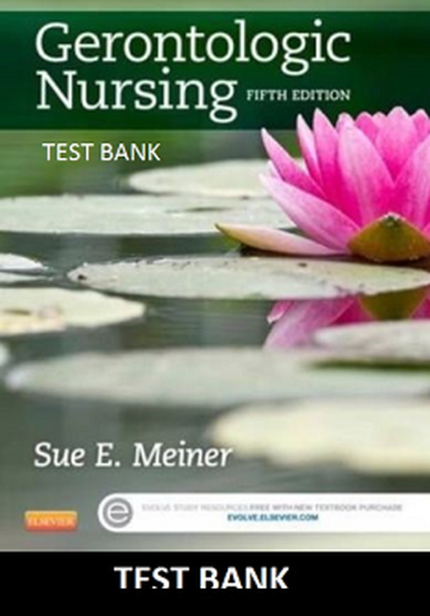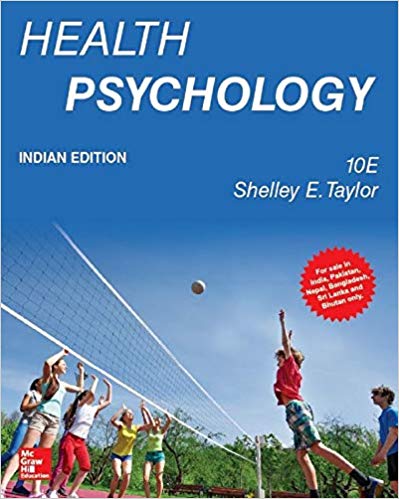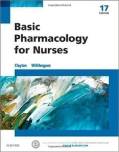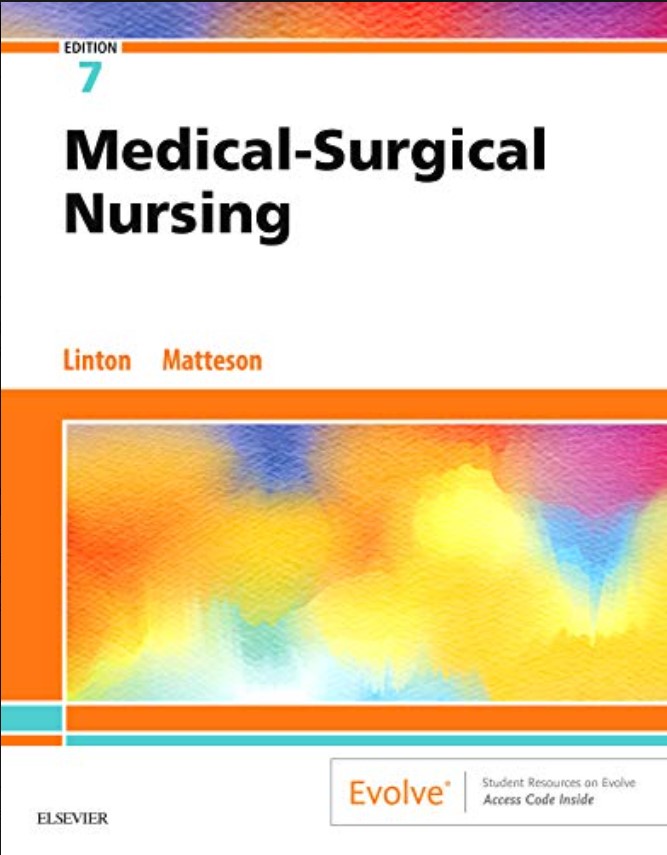In Stock
Test Bank for Medical Surgical Nursing 7th Edition by Linton
Edition: 7th Edition
Format: Downloadable ZIP Fille
Resource Type: Test bank
Duration: Unlimited downloads
Delivery: Instant Download
$25.00
Test Bank for Medical-Surgical Nursing 7th Edition by Linton
Chapter 01: Aspects of Medical-Surgical Nursing
MULTIPLE CHOICE
1. What provides direction for individualized care and assures the delivery of accurate, safe
care through a definitive pathway that promotes the client’s and the support persons’
progress toward positive outcomes?
a. Physician’s orders
b. Progress notes
c. Nursing care plan
d. Client health history
ANS: C
The nursing care plan provides direction for individualized care and assures the delivery of
accurate, safe care through a definitive pathway that promotes the client’s and the support
persons’ progress toward positive outcomes.
DIF: Cognitive Level: Comprehension REF: p. 2 OBJ: 1
TOP: Nursing Care Plan KEY: Nursing Process Step: Planning
MSC: NCLEX: Physiological Integrity: Reduction of Risk
2. The nurse is performing behaviors and actions that assist clients and significant others in
meeting their needs and the identified outcomes of the plan of care. What is the correct
term for these nursing behaviors?
a. Assessments
b. Interventions
c. Planning
d. Evaluation
ANS: B
Caring interventions are those nursing behaviors and actions that assist clients and
significant others in meeting their needs and the identified outcomes of the plan of care.
DIF: Cognitive Level: Comprehension REF: p. 3 OBJ: 1
TOP: Interventions KEY: Nursing Process Step: Planning
MSC: NCLEX: Physiological Integrity: Reduction of Risk
3. The nurse understands the importance of being answerable for all actions and the
possibility of being called on to explain or justify them. What term best describes this
concept?
a. Reliability
b. Maturity
c. Accountability
d. Liability
ANS: C
Accountability means that a person is answerable for his or her actions and may be called
on to explain or justify them.
DIF: Cognitive Level: Comprehension REF: pp. 6-7 OBJ: 3 | 5 | 7
TOP: Accountability KEY: Nursing Process Step: N/A
MSC: NCLEX: Physiological Integrity: Reduction of Risk
MULTIPLE RESPONSE
1. The nurse manager is providing an inservice about conflict resolution. What modes of
conflict resolution should be addressed? (Select all that apply.)
a. Suppression
b. Accommodation
c. Compromise
d. Avoidance
e. Collaboration
f. Competition
ANS: B, C, D, E, F
The modes of conflict resolution include accommodation, collaboration, compromise,
avoidance, and competition.
DIF: Cognitive Level: Knowledge REF: p. 7|p. 8|Table 1.1
OBJ: 7 TOP: Conflict Resolution KEY: Nursing Process Step:
N/A
MSC: NCLEX: N/A
2. What are the characteristics of an effective leader? (Select all that apply.)
a. Effective communication
b. Rigid rules and regulations
c. Delegates appropriately
d. Acts as a role model
e. Consistently handles conflict
f. Focuses on individual development
ANS: A, C, D, E
Characteristics of an effective leader include effective communication, consistency in
managing conflict, knowledge and competency in all aspects of delivery of care, effective
role model for staff, uses participatory approach in decision making, shows appreciation
for a job well done, delegates work appropriately, sets objectives and guides staff, displays
caring, understanding, and empathy for others, motivates and empowers others, is
proactive and flexible, and focuses on team development.
DIF: Cognitive Level: Comprehension REF: p. 6 OBJ: 5
TOP: Leadership KEY: Nursing Process Step: N/A MSC: NCLEX: N/A
COMPLETION
1. is defined as the process by which information is exchanged between
individuals verbally, nonverbally, and/or in writing or through information technology.
ANS:
Communication
Communication is defined as the process by which information is exchanged between
individuals verbally, nonverbally, and/or in writing or through information technology.
DIF: Cognitive Level: Knowledge REF: p. 2 OBJ: 2
TOP: Communication KEY: Nursing Process Step: N/A
MSC: NCLEX: N/A
2. is the collection and processing of relevant data for the purpose of appraising
the client’s health status.
ANS:
Assessment
Assessment is the collection and processing of relevant data for the purpose of appraising
the client’s health status.
DIF: Cognitive Level: Knowledge REF: p. 2 OBJ: 1 | 2
TOP: Assessment KEY: Nursing Process Step: N/A MSC: NCLEX: N/A
3. is concerned with the ethical questions that arise in the context of health care.
ANS:
Bioethics
Bioethics is concerned with the ethical questions that arise in the context of health care.
DIF: Cognitive Level: Knowledge REF: p. 4 OBJ: 3
TOP: Bioethics KEY: Nursing Process Step: N/A MSC: NCLEX: N/A
4. Place the corresponding letter to each stage of conflict in the correct order.
(Place the events in the appropriate sequence with capital letters. Do not separate
answers with a space or punctuation. Example: ABCD.)
a. Outcomes
b. Conceptualization
c. Frustration
d. Action
ANS:
CBDA
The stages of conflict in order are frustration, conceptualization, action, and outcomes.
DIF: Cognitive Level: Comprehension REF: p. 7 OBJ: 7
TOP: Conflict KEY: Nursing Process Step: N/A MSC: NCLEX: N/A
5. Place the corresponding letter to each key step in solving an ethical dilemma in the correct
order. (Place the events in the appropriate sequence. Do not separate answers
with a space or punctuation. Example: ABCD.)
a. Negotiate a plan.
b. Clarify values.
c. Ask if it is an ethical dilemma.
d. Verbalize the problem.
e. Gather information.
f. Identify possible courses of action.
g. Evaluate the plan over time.
ANS:
CEBDFAG
The key step of solving an ethical dilemma in order are ask the question, is it an ethical
dilemma, gather information, clarify values, verbalize the problem, identify possible
course of action, negotiate a plan, and evaluate the plan over time.
DIF: Cognitive Level: Analysis REF: p. 4 OBJ: 3
TOP: Ethical Dilemma KEY: Nursing Process Step: N/A
MSC: NCLEX: N/A







